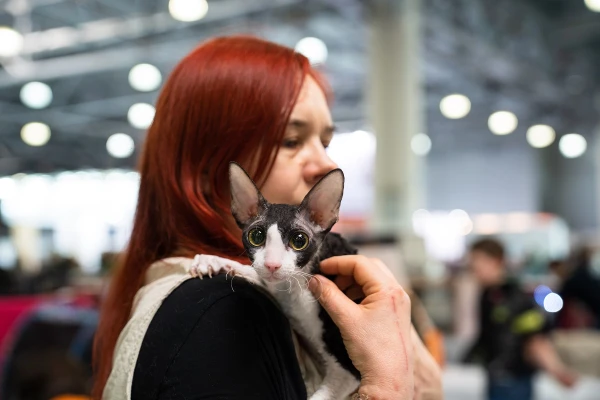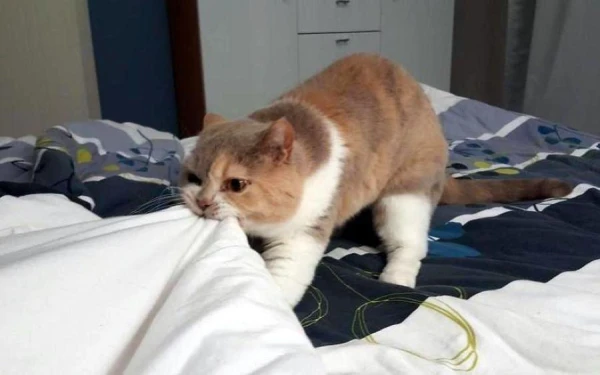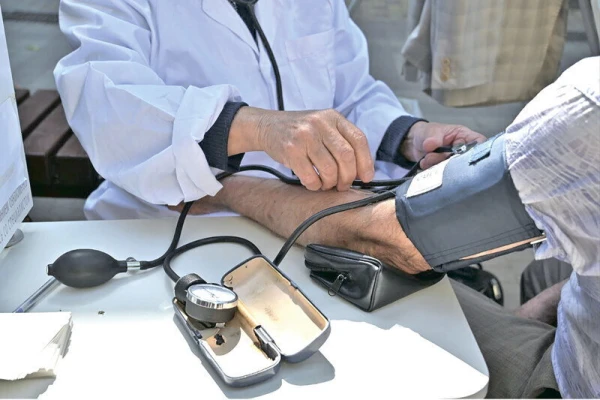
Scientists have found a simple and pleasant way to strengthen the heart — by getting a cat. A new study has shown that owners of fluffy pets are 33% less likely to die from a heart attack. Why do cats have such an effect, how does their "cardiotherapy" work, and what do doctors say — we explain in this article.
Researchers from the University of Minnesota have monitored the health of over 4,000 study participants for 20 years. 55% of them had cats living in their homes. The researchers observed a pattern — a lower level of cardiovascular diseases, including strokes, among those who lived with a pet.
"Cat owners have a 33% lower risk of dying from a heart attack. Interaction with a cat helps reduce stress levels, stabilize blood pressure and heart rate, which has a pronounced cardioprotective effect," commented cardiologist Mariano Napoli on the study's results.
According to the scientists, the effect is related not only to physiological changes but also to psychological ones. Caring for a pet helps a person feel needed, fosters emotional resilience, and promotes physical activity — after all, even a calm cat will not refuse to play.
Just a few years ago, the American Heart Association pointed to the positive impact of pets on cardiovascular health. Pet ownership means a higher level of physical activity and social engagement.
Their presence in the home helps reduce anxiety levels, normalize sleep, and improve overall well-being. The current study reaffirms these findings.
Scientists believe that living with a pet can be a natural way to prevent cardiovascular diseases, especially for people in at-risk groups.













